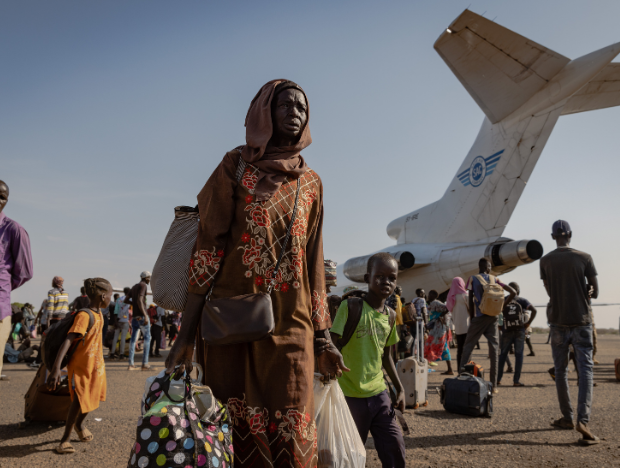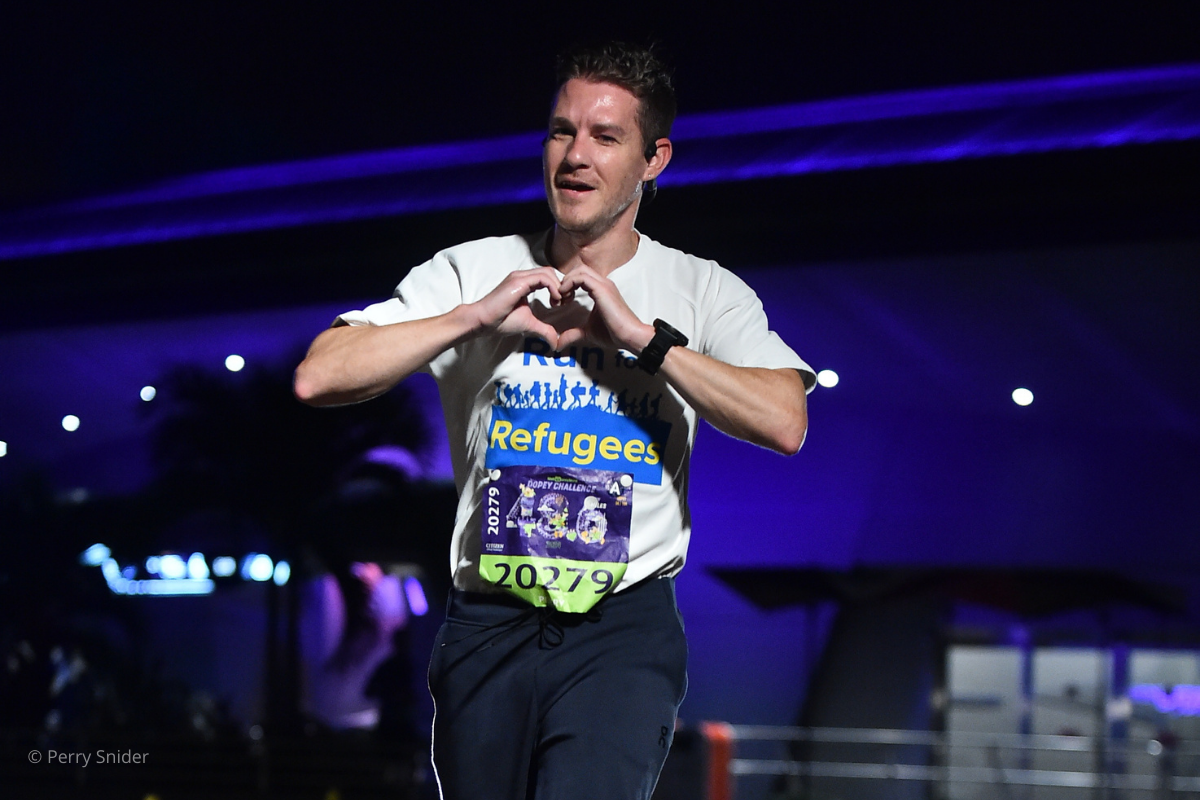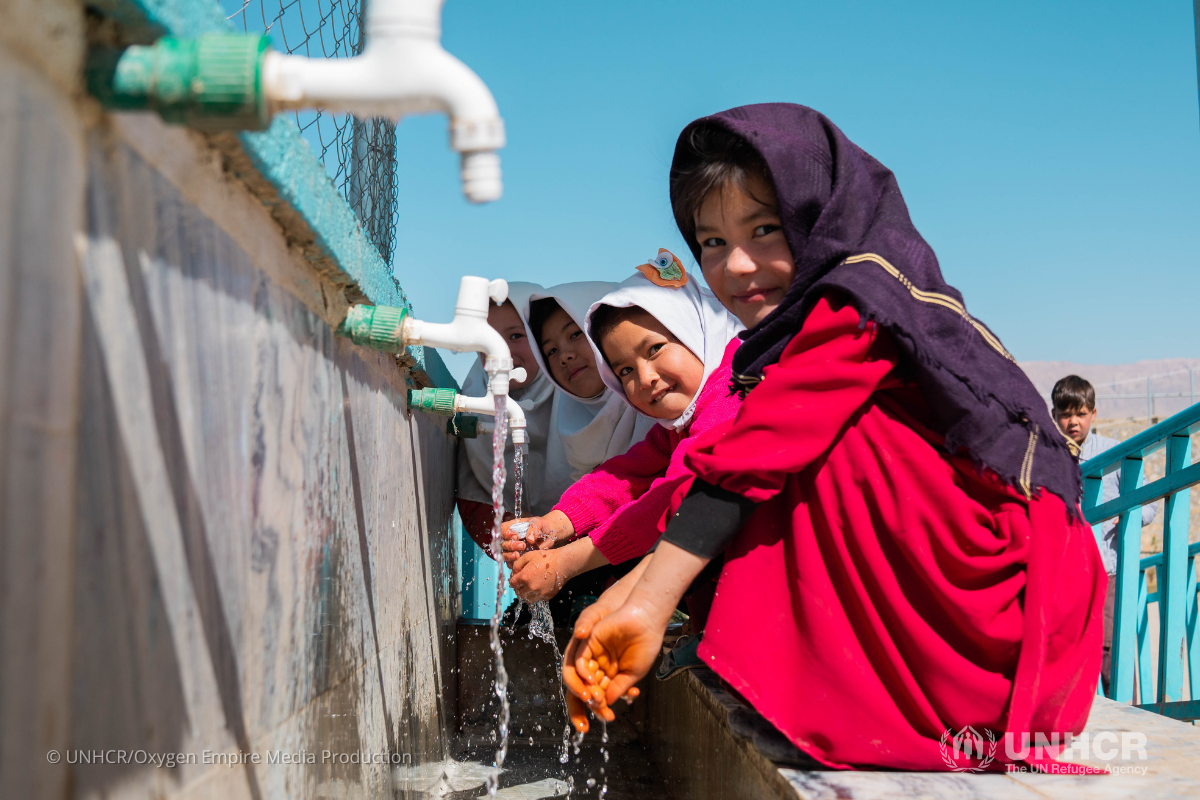Tortured for being who you are
USA for UNHCR donors offer a lifeline to LGBTI refugees who are particularly vulnerable to violence and persecution
Imagine being forced from your home and from your country simply because of who you are. For lesbian, gay, bisexual, transgender or intersex (LGBTI) people around the world, this is reality.
Today, there are still 76 countries that criminalize same-sex relationships. In many of these countries, LGBTI refugees face a heightened risk of harassment, arrest, kidnapping, torture, rape and even murder. Some, like Nadia*, 23, are targeted by extremists or criminal gangs.
As a transgender woman, Nadia long struggled to find acceptance in her native Iraq, where years of abuse culminated in her abduction by a militia group targeting transgender people. “They tortured us and beat us severely,” she says. Several were killed.
They tortured us and beat us severely.
Nadia’s family was equally vicious. Her father and uncle confined and tortured her, scrubbed her skin with steel wool to stimulate hair growth and forcibly injected her with testosterone.
Ultimately, Nadia felt she had no choice but to flee — and made a harrowing trip across the Middle East in search of safety. Now under the protection of the UN Refugee Agency in Lebanon — a country considered friendlier to the LGBTI community than most of its neighbors — Nadia looks forward to a bright future. “I dream of settling and adopting a family, having a baby with my boyfriend. I want to be a goodwill ambassador for trans people and raise awareness.”

Other LGBTI refugees under UNHCR protection have told similar stories of unrelenting harassment and abuse — demonstrating their need for help and hope. To safeguard the rights and lives of refugees like Nadia, UNHCR has:
- Developed a training package for its staff and the wider humanitarian community working with forcibly displaced LGBTI people.
- Ensured access to shelter, medical care, psychological counseling, legal assistance and emergency cash grants.
- Introduced rainbow ‘safety’ badges to identify frontline staff trained to respond to the needs of the community.
- Resettled LGBTI refugees when necessary.
With USA for UNHCR donor support, UNHCR will continue to protect LGBTI refugees until no one is forced to flee persecution and violence because of who they are and who they love.
Here’s how you can help …
You can help LGBTI people forced to flee and refugees all over the world by becoming a USA for UNHCR monthly donor. It’s the most convenient, effective and efficient way you can make a lifesaving difference. Make your monthly gift today.
*Name changed for protection reasons


